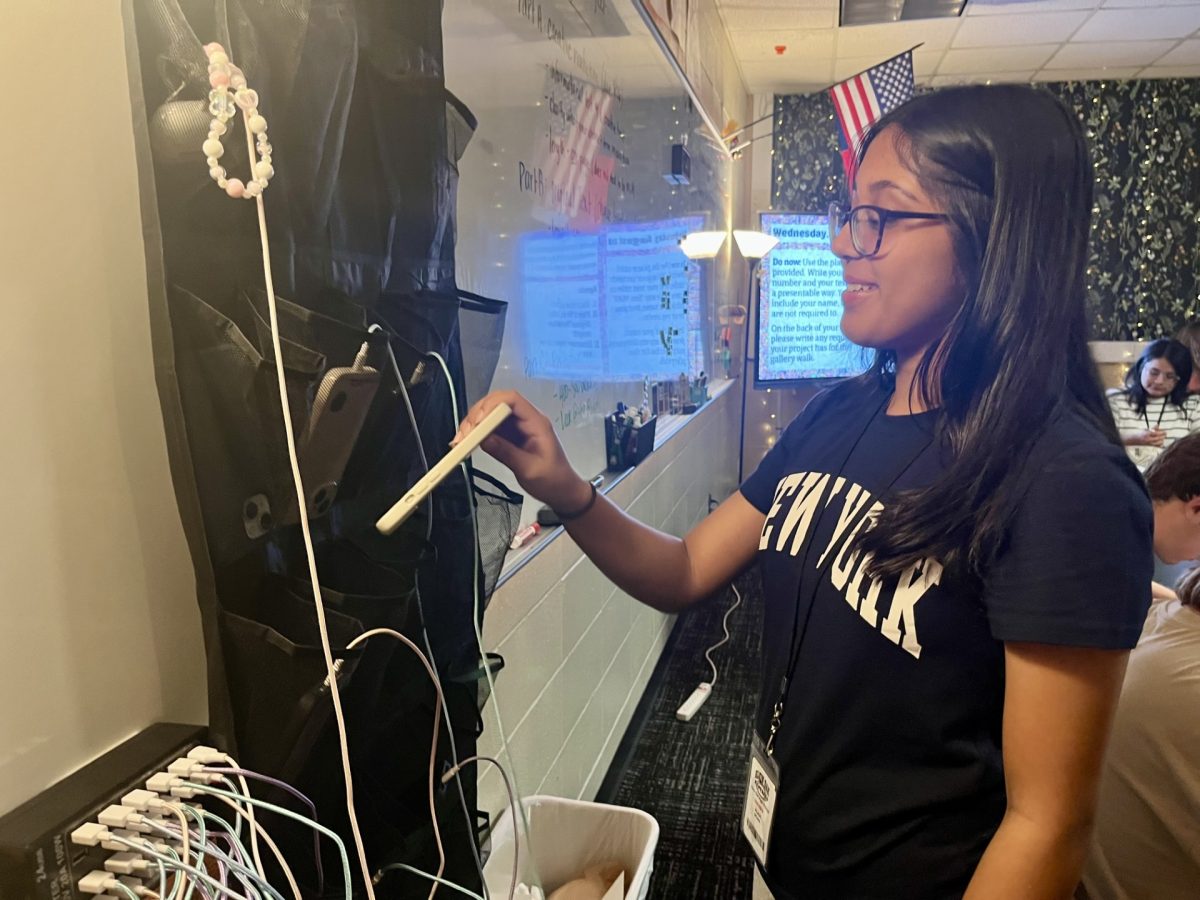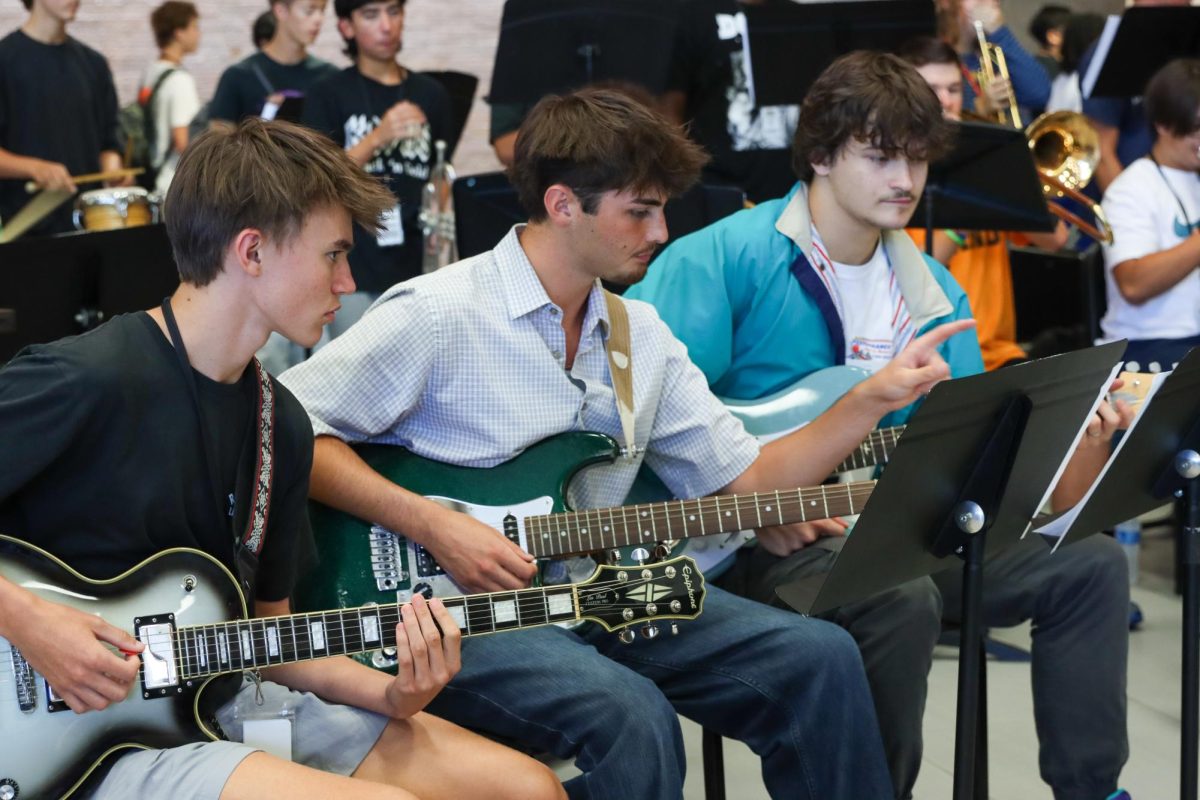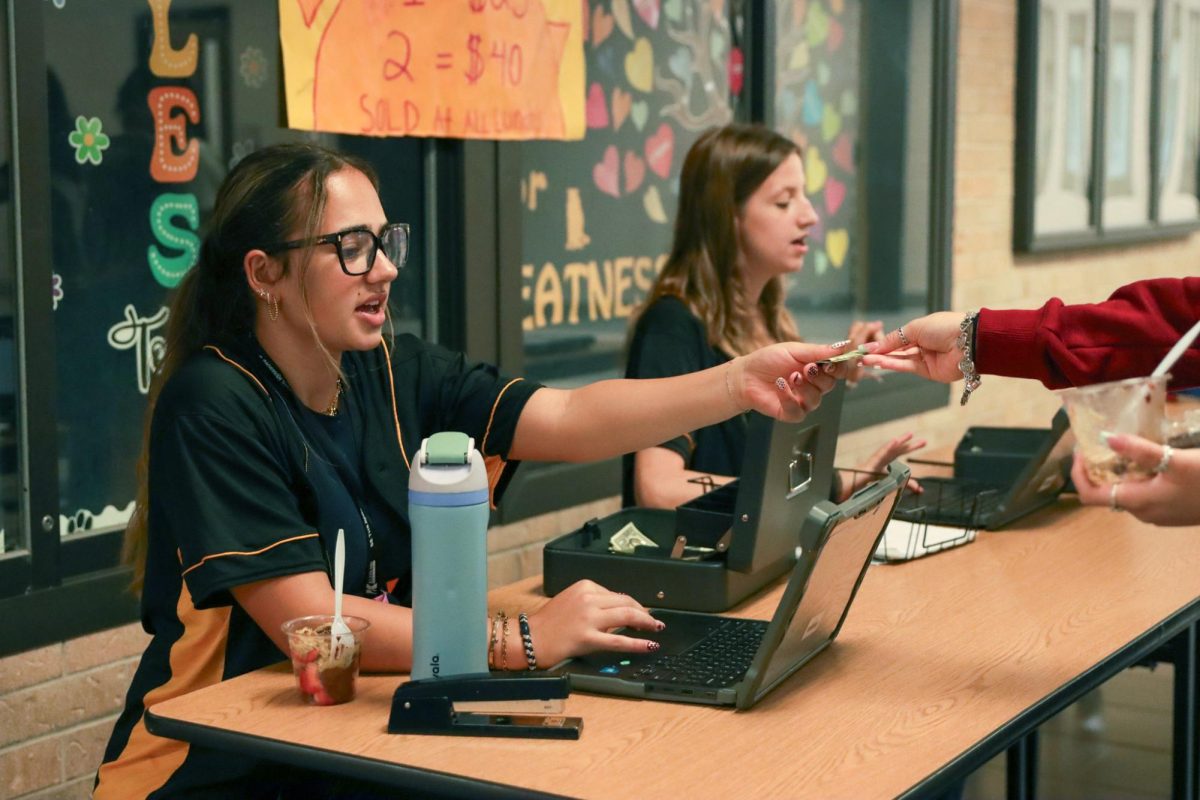New, stricter cell phone policies for students have been introduced in order to create a productive, focused learning environment.
“It’s not a great idea, it’s a safety issue,” sophomore Maya Muston said. “What if a student has a family emergency or something similar? It’s not a solution, only a temporary fix.”
Administration and teachers point out that every classroom is equipped with phones and parents are always invited to call the school, but understands the change is stressful for some students because they haven’t known anything different.
The policy includes harsher punishment for students in comparison to previous years, with fewer chances for students to put their phone away prior to punishment.
According to Assistant Principal David Hill, students struggle academically due to phone use in the classroom, along with social media related incidents.
In addition, Hill added that Klein ISD has completed independent studies to measure academic success, finding that student success is directly related to limited cell phone use during the school day. Proof of this effectiveness has been noted by harsher policies at schools like Krimmel and Hofius Intermediate which have created better academic success by their students.
Hill also said due to harsher policies being effective at the intermediate level, internal discussion suggests a ban on phones, along with other changes, similar to Krimmel and Hofius. But for now, the students will be given a warning before consequences.
“The first time is a warning, the second time is a referral, and the third time is a meeting with the parent,” Humanities teacher Danielle Campos said.
These altered rules are much less tolerant of phones being out at all in classroom environment, alongside punishments that come with using the phone.
“Cell phones should be out of sight during instructional periods,” Campos said.
Where some teachers may have let students have their phones out in the past, this is no longer the case. However, the rules do seem to be effective.
“Ninth graders are actually using their cell phones less, and we don’t have to get on to them as much in comparison to last year’s freshmen,” Campos said.
Regardless of the rules’ effectiveness, many students aren’t concerned about a strict phone policy because they agree that phones should be used sparingly during the school day.
“High schoolers are on the way to adulthood,” sophomore Taylor Ashworth said. “They should be aware that their learning is more important than their phone as they are nearly adults.”














